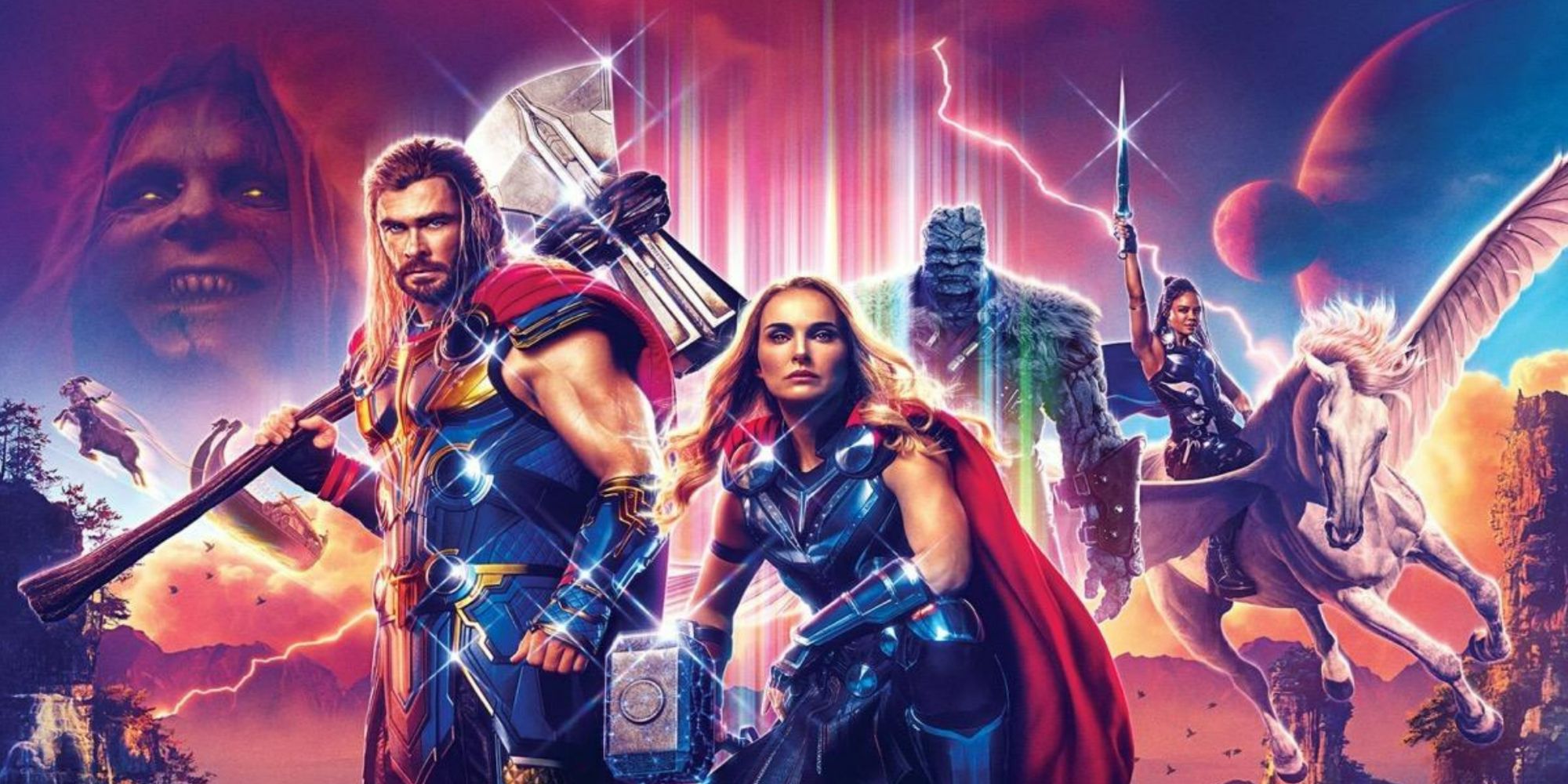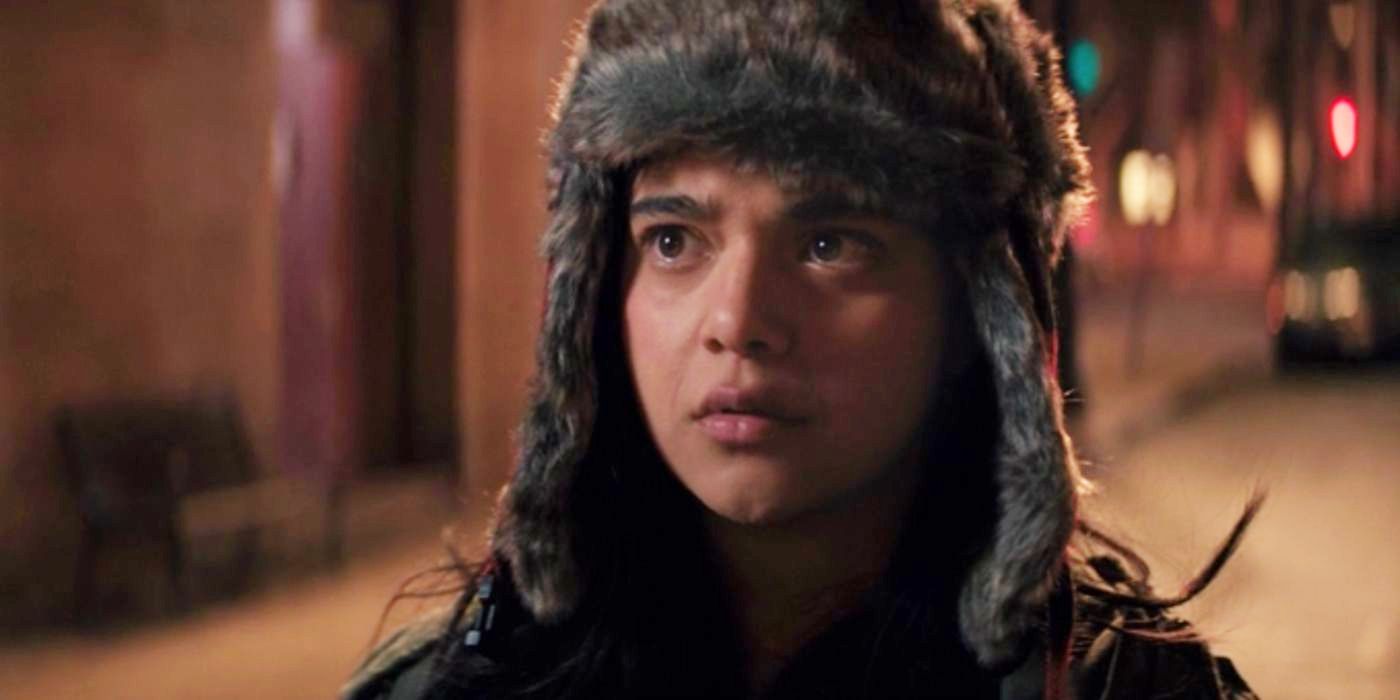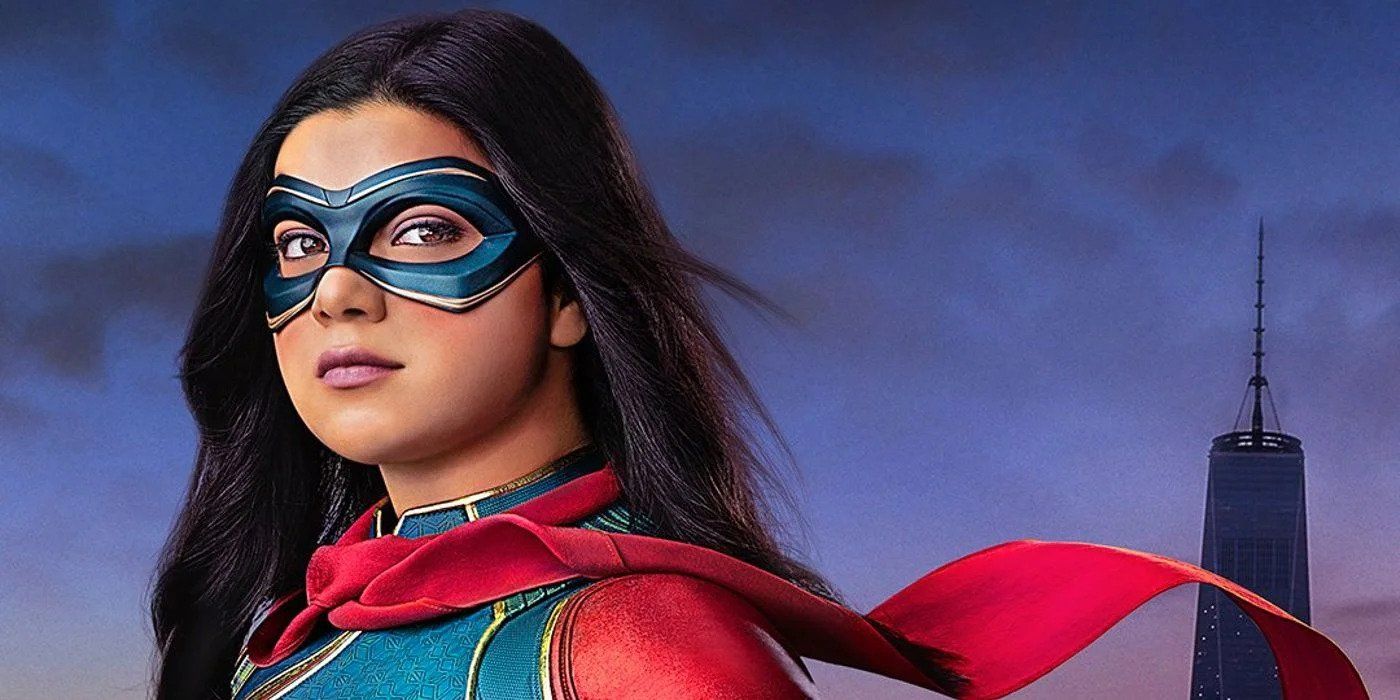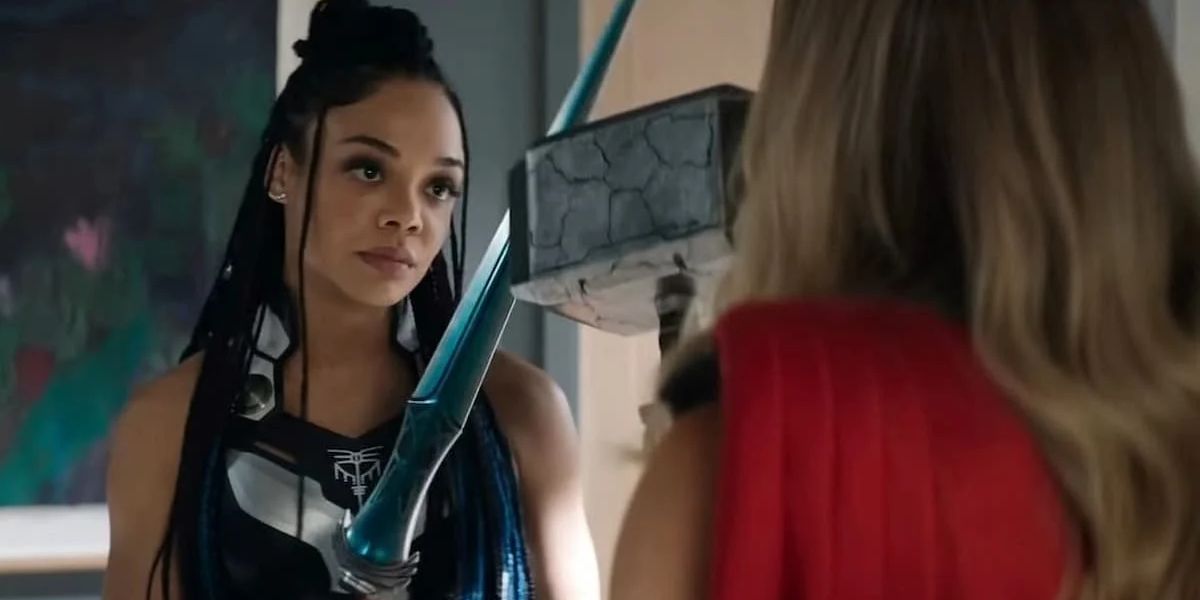One of the most interesting aspects of the Marvel Cinematic Universe is how progressive it's gotten over the last few years. Some naysayers, though, have ignorantly chalked it up to agendas and forcing liberalism into art. However, it's simply Marvel Studios trying to tell more cosmopolitan stories -- ones that are more diverse, inclusive, feminist and overall, instilling a sense of acceptance.
Still, haters just can't stand this direction, while others, who think they're coming from an objective perspective, can't see the tone-deaf nature of their concerns. Instead, these folks are ignoring how this is a teething out process, with recent criticisms of Ms. Marvel and Thor: Love and Thunder truly bringing to light the hypocrisy over how they bash the MCU.
Ms. Marvel and Thor 4 Break New Grounds
Ms. Marvel and Thor: Love and Thunder certainly aren't the first to have diverse representation in a Marvel movie. Captain Marvel was the first female-led MCU film that gained a massive amount of criticism -- most of which for unfair reasons -- and Black Panther paved the way for Black superheroes to take the lead in the new phases of the universe. It's also arguable that the MCU still has a long ways to go in terms of representation, especially in terms of its depiction of female characters. Namely, the tired use of the "women in refrigerators" trope is a battle still being fought in Marvel properties, more recently with Secret Invasion.
Ms. Marvel though, for one, is the type of representation the superhero genre desperately needs to diversify its leads. The show, led by the teenage Pakistani-American titular character, never feels like an attempt to expand its audience for the sake of more money (even if Disney has a horrendous history of doing so). Kamala Khan is a genuine character whose culture is simply a part of her life. Ms. Marvel takes liberties to create an authentic take on modern Pakistani-American culture, which is still a rarity to find in television. To give it a superhero twist is a treasure in of itself.
Thor: Love and Thunder, while suffering from narrative issues, is praise-worthy for normalizing queer relationships in the MCU. As a Disney property, the MCU hasn't been shy on teasing queer relationships, but has restrained itself from formally introducing these characters. The risk of backlash has always been an obvious concern to Disney, but Thor: Love and Thunder takes the right step in telling these stories, while also giving another female superhero a chance to make a name for herself. The problem is, the underlying tone of most critics of Ms. Marvel and Thor: Love and Thunder were the targets of quite harsh criticism, moving the focus away from the diversity.
The Current Phase of The MCU Is Unfairly Set to Higher Standards
Now, the MCU made bold steps with Black Panther, Captain Marvel and Eternals, adding more equality in its stories with more people of color, minorities, and queer characters. Given the money these movies made, clearly, there was a market who loved these tales. Yet haters persisted, now arguing over how jarring Phase Four has gotten, which was always going to happen as the MCU became more nuanced and multidimensional.
Ironically, with Ms. Marvel and Thor 4 out around the same time, the same trite arguments were used -- there was too much humor, the action suffered, the origins of some characters' powers didn't add up, cameos felt superficial, etc. That's not to say these properties aren't suffering from problems, but these issues aren't inherent to them alone. In fact, they occurred in the earlier Phases as well.
Captain America: The First Avenger, Thor: The Dark World, the Ant-Man movies, Iron Man 2 and 3, Avengers: Age of Ultron, Black Widow and many other properties before these had the same flaws. Yet for some reason, the excuse was used that the MCU was feeling itself out, adjusting and perfecting the formula in the nascent stage. So, why are these newer properties being held to much higher standards, and receiving more scathing, caustic criticism?
Newer MCU Films Celebrate Diversity and Inclusion
It's highly reminiscent of the flak Netflix's He-Man and She-Ra reboots got, which deviated from the all-white, testosterone-driven nature of the '80s. This ignorance was also seen with certain white critics failing to understand Turning Red was not for them, yet still able to carry a universal message. Instead, these properties should be appreciated for what they are -- trying to create kaleidoscope stories with communities, while diving into other cultures, as seen with as Kamala's Pakistani and Islamic heritage. In fact, Phase Four should be given more leeway because it's much more ambitious and bold -- again, exemplified by Jane as the Mighty Thor, and Valkyrie and Korg getting their queer stories detailed even more. It's speaking more to the concept of "the other," to the point the progressive nature's getting MCU films banned in certain countries.
Does that absolve the properties of narrative errors and provide a hall-pass to, as the critics say, tell stories that "suck." No, but again, Phase Four isn't messing up the way the earlier MCU objectified Black Widow, had Tony Stark making misogynistic comments, or forced Hydra in as the creator of Wanda's powers. Ultimately, many problems being chided now happened back then, yet the chorus of harsh words was less vociferous and for some mysterious reason, much more forgiving. The proof's in the pudding: once the MCU takes its time, and fans are patient, the creatives will subvert the lore, mixing and matching. In doing so, while haters call it "woke," Phase Four will eventually iron out its kinks to continue the evolution of Marvel Studios for audiences that are spending a lot of money on stories steeped in love, acceptance and unity.
Thor: Love and Thunder and all six episodes of Ms. Marvel are now available on Disney+.



